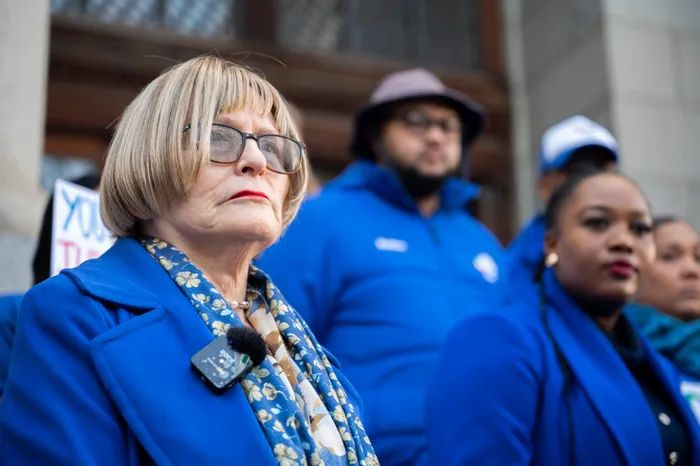DA's Legal Challenges: A threat to South Africa's transformation agenda

Judicial Battles: Experts warn of the Democratic Alliance is nndermining government policies in South Africa.
Image: Armand Hough / Independent Newspapers
Experts have raised concerns over the Democratic Alliance’s (DA) growing tendency to turn to the judiciary to challenge and overturn government policies aimed at tackling South Africa’s deep-rooted inequalities.
Critics argue that this strategy is designed to weaken the country’s transformation agenda and prolong the socio-economic struggles faced by marginalized communities.
Legal Battles Outside the GNU
Recent notable examples include the party’s legal challenge to amendments in the Employment Equity Act, which seek to accelerate racial and gender transformation in the workplace.
The Pretoria High Court has reserved judgment on this case, but the move indicates the DA’s intent to stall progress.
Beyond employment laws, the DA has also contested land reform initiatives, arguing that they threaten property rights and economic stability.
Social welfare programs designed to alleviate poverty have not been spared; the party has challenged expansion plans for social grants, claiming they place unsustainable strain on public finances.
A Strategy of Disruption, Says Political Analyst
Political analyst Joe Mhlanga warns that the DA’s legal tactics are part of a broader effort to weaken the ruling ANC and its allies.
“Their influence outside the GNU is aimed at blocking policies that seek to uplift marginalised communities. This raises serious questions about who truly benefits from this ongoing sabotage.”
Mhlanga further pointed out that the DA’s courtroom interventions are often aimed at delaying or blocking reforms essential for redressing historical injustices.
“How is the revolutionary movement so comfortable being in a relationship with the DA, which has consistently undermined efforts to address poverty and inequality? We need to ask who stands to gain from this damaging relationship.”
Courtroom Tactics as a Political Weapon
The analyst emphasised that the DA’s influence extends beyond mere opposition.
“It’s shocking how they succeed in persuading courts to rule in their favor repeatedly,” Mhlanga remarked.
“They operate through the judiciary to implement policies that serve their political interests, often at the expense of transformative goals.”
“Opposition forces, including the MK party and others committed to genuine change, should work together to push a shared agenda,” he said.
Support for Transformation from the ANC
Meanwhile, some of the ANC leaders have condemned the DA’s legal challenges.
ANC NEC member and former Youth League leader Andile Lungisa described the DA’s actions as “mischievous and provocative,” asserting they hinder efforts to accelerate transformation.
He praised recent amendments to the Employment Equity Act, which aim to fast-track progress toward racial, gender, and disability equality.
“Transformation is inherently uncomfortable for those who benefited from previous systems of inequality,” Lungisa said.
“But that doesn’t mean we should turn back the clock or undermine our constitutional commitments.”
A Call for Unity and Justice
As South Africa continues to grapple with persistent inequalities, critics warn that the DA’s courtroom tactics threaten to stall vital reforms.
Political analyst including Mhlanga advocate for opposition unity and judicial support for policies that promote social justice.
“If we are serious about building an equitable society, we must resist efforts to use courts as tools for obstruction.
“The judiciary must uphold policies that advance transformation, and opposition parties need to unite behind the national interest,” said Mhlanga.
thabo.makwakwa@inl.co.za
IOL Politics
Related Topics:
